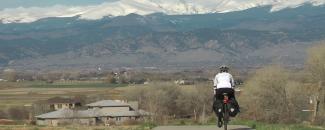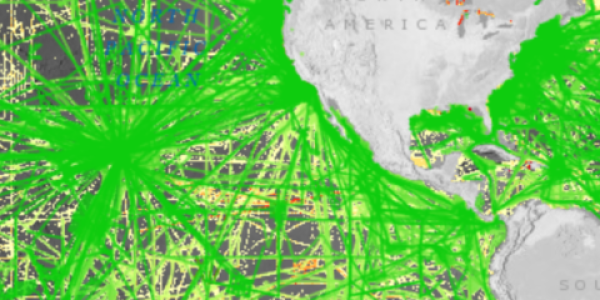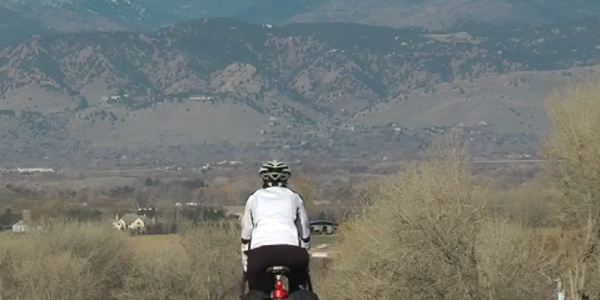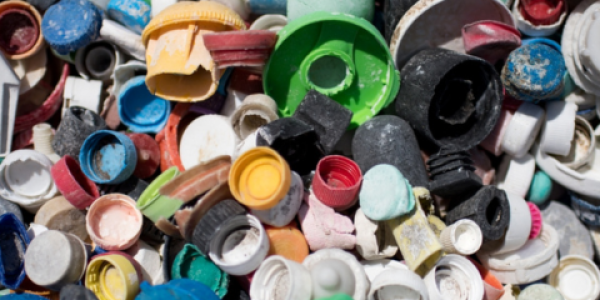
Celebrate science by becoming a citizen scientist with NCEI. Public participation, enthusiasm, and scientific curiosity benefit several scientific projects we host.
National recognition of citizen science occurs each year in April during Citizen Science Month and Crowdsourcing Week, typically set in the fall. Events take place across the country and globe. Citizen science and crowdsourcing let us ask new questions, collect data, and make scientific advancements with your help.
NCEI and NOAA are involved in several citizen science and crowdsourcing projects, and we encourage you to get involved. By participating in these projects, you’ll help contribute to meaningful research that allows us to better understand the world around us.
CrowdMag: Geomagnetic Data
As a citizen scientist, you can help us gather geomagnetic data via your smartphone. The CrowdMag citizen science project is a partnership with the Cooperative Institute for Research in Environmental Science. Assist our efforts at improving magnetic navigation by tracking changes in Earth’s magnetic field with our free CrowdMag app, available for download on both Android and iOS phones.
The geomagnetic field has been observed and used for navigation since ancient times. The app uses the accelerometers and magnetometers built into smartphones to provide very localized magnetic field data. These data will help update models of Earth’s geomagnetic data—the very same models that smartphones and GPS already use to help you navigate.
NCEI creates and updates models of the geomagnetic field to keep pace with Earth's constantly changing magnetic field. But, gaps in coverage prompted scientists to develop alternative ways to obtain geomagnetic data. The goal of CrowdMag is to release the world’s first geomagnetic field model developed entirely using crowdsourced data from phone users like you.
CoCoRaHS: Community Collaborative
Along with CrowdMag, we also support the Community Collaborative Rain, Hail, and Snow Network or CoCoRaHS. CoCoRaHS lets you provide daily precipitation data through simple tools and an interactive website. Users learn how to monitor precipitation conditions and provide measurements of rain, snow, and hail as a public service. Their reports are used by many entities interested in climate and landscape conditions, including the authors of the U.S. Drought Monitor.
mPING: Meteorological Phenomena
The Meteorological Phenomena Identification Near the Ground or mPING project, managed by NOAA’s National Severe Storms Laboratory, crowdsources weather reports also via a free smartphone app. The project collects anonymous eyewitness reports of precipitation, wind damage, flooding, mudslides, and visibility from around the globe, not just the United States. The reports of observable conditions and their consequences—such as uprooted trees or flooded roadways and buildings—are a first level of weather data that contribute to basic weather knowledge. The reports are valuable to a variety of users, including the National Weather Service, which uses them for its research.
All of these citizen science efforts are already advancing our understanding of weather, climate, and geophysics, while providing fun and educational opportunities for everyone to participate in the process of scientific discovery. We invite you to check out these and other crowdsourcing opportunities and try your hand at citizen science.



